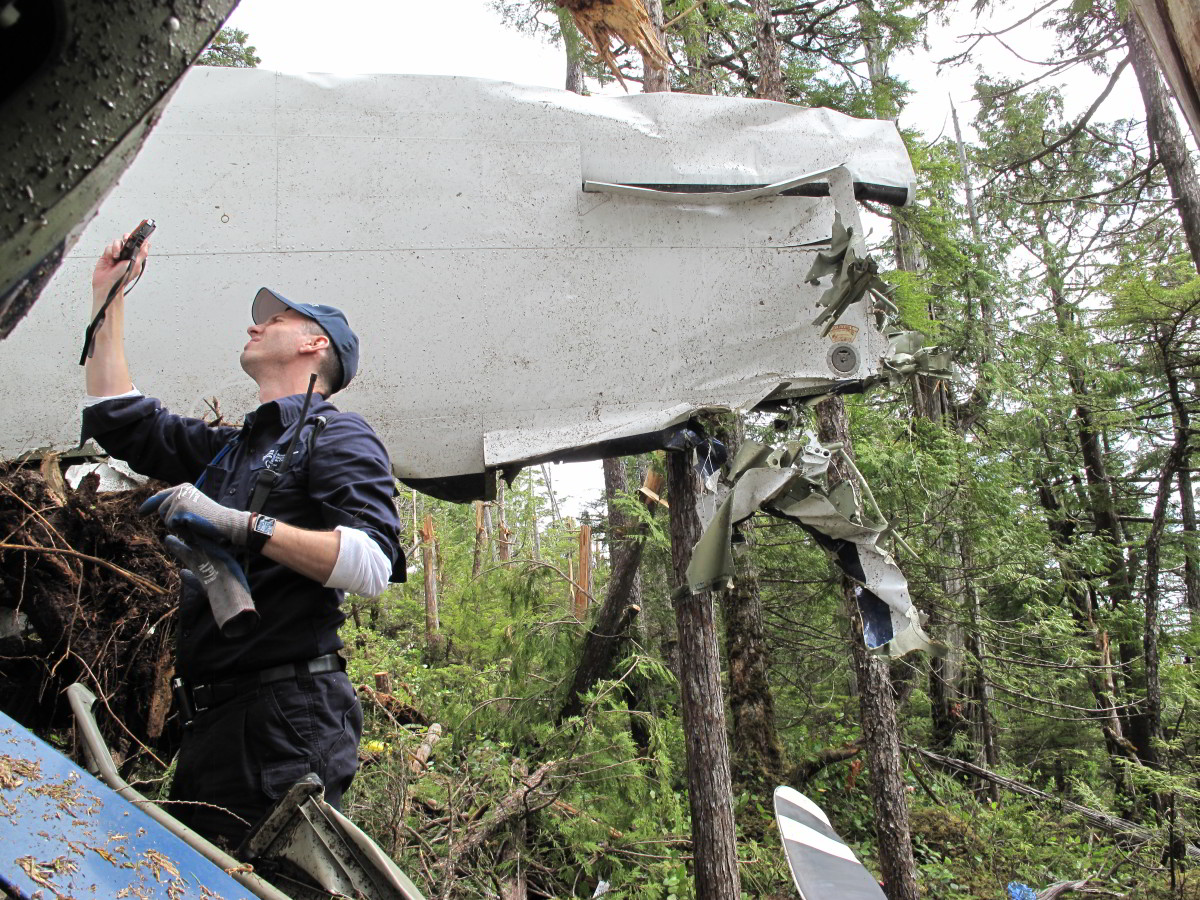
The Transportation Safety Board has renewed its call for Transport Canada to require lightweight flight data recording equipment on all commercially operated aircraft as part of its investigation into a fatal seaplane crash in 2019. The board found that the pilot of a Seair Cessna 208 Caravan flew into a hillside in bad weather on Addenbroke Island on July 26, 2019. He and three passengers died. Five other passengers were injured. The TSB found that the trip from Vancouver to Calvert Island was made even though forecasts for the destination indicated the weather was below minimums. The board said “group dynamics” may have played a role in the pilot’s decision to press ahead. That, said the board, helps make the case for mandatory flight recorders.
The Caravan had three different devices on board that recorded flight parameters and that “greatly aided the investigation.” But lacking a mandate and the regulatory framework that comes with it means operators and Transport Canada aren’t taking full advantage of the technology available. “The investigation found that if air operators that have flight data monitoring capabilities do not actively monitor their flight operations, they may not be able to identify drift toward unsafe practices that increase the risk to flight crew and passengers,” the report said. The TSB also said that air taxi operators like Seair are not required to have safety management systems so even though Seair had voluntarily created an SMS, it was not monitored by the regulator. “As a result, operators receive no feedback on the overall effectiveness of their SMS, including the system’s ability to identify hazards and mitigate them before they result in an incident or accident,” the report said.
